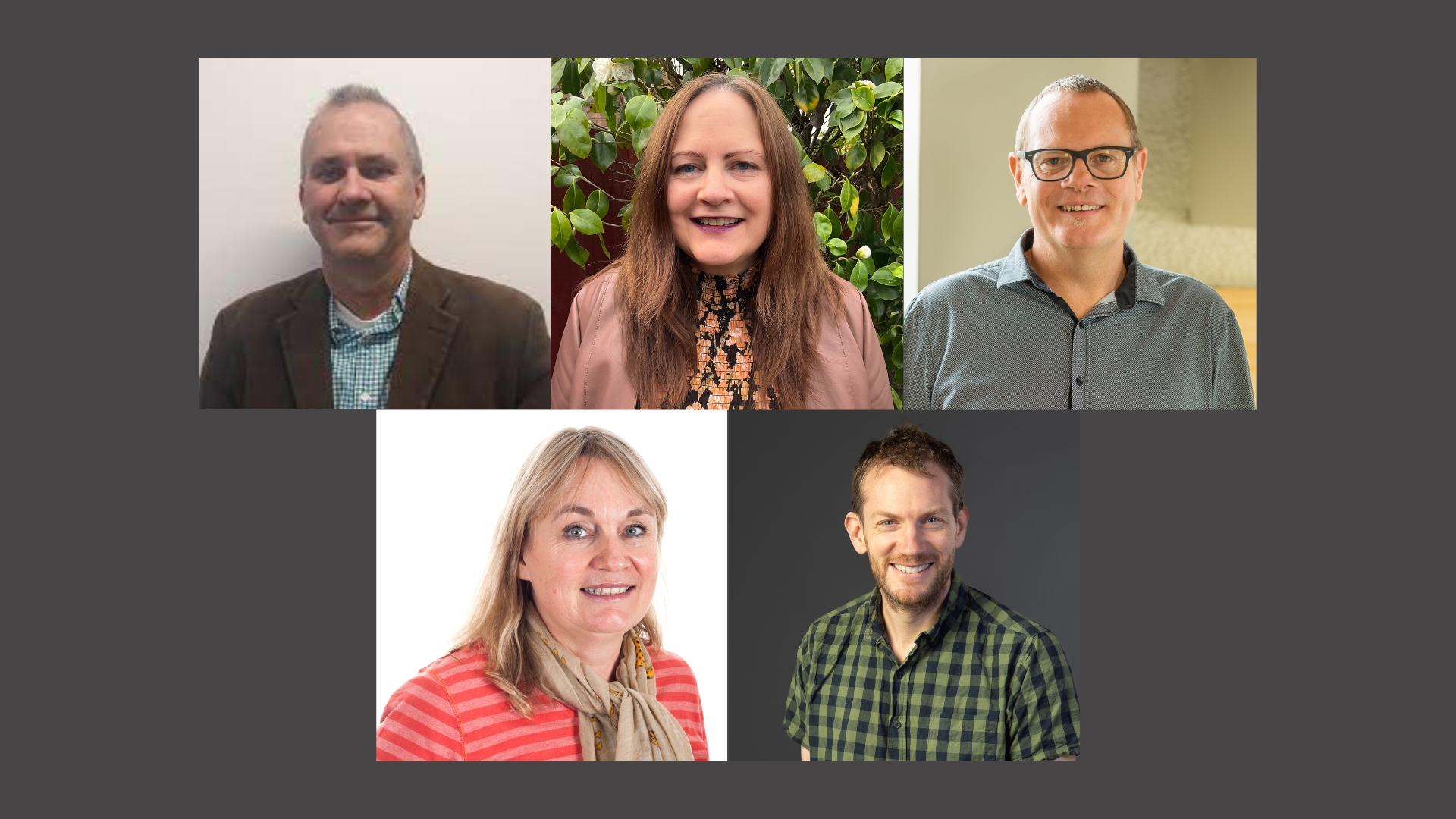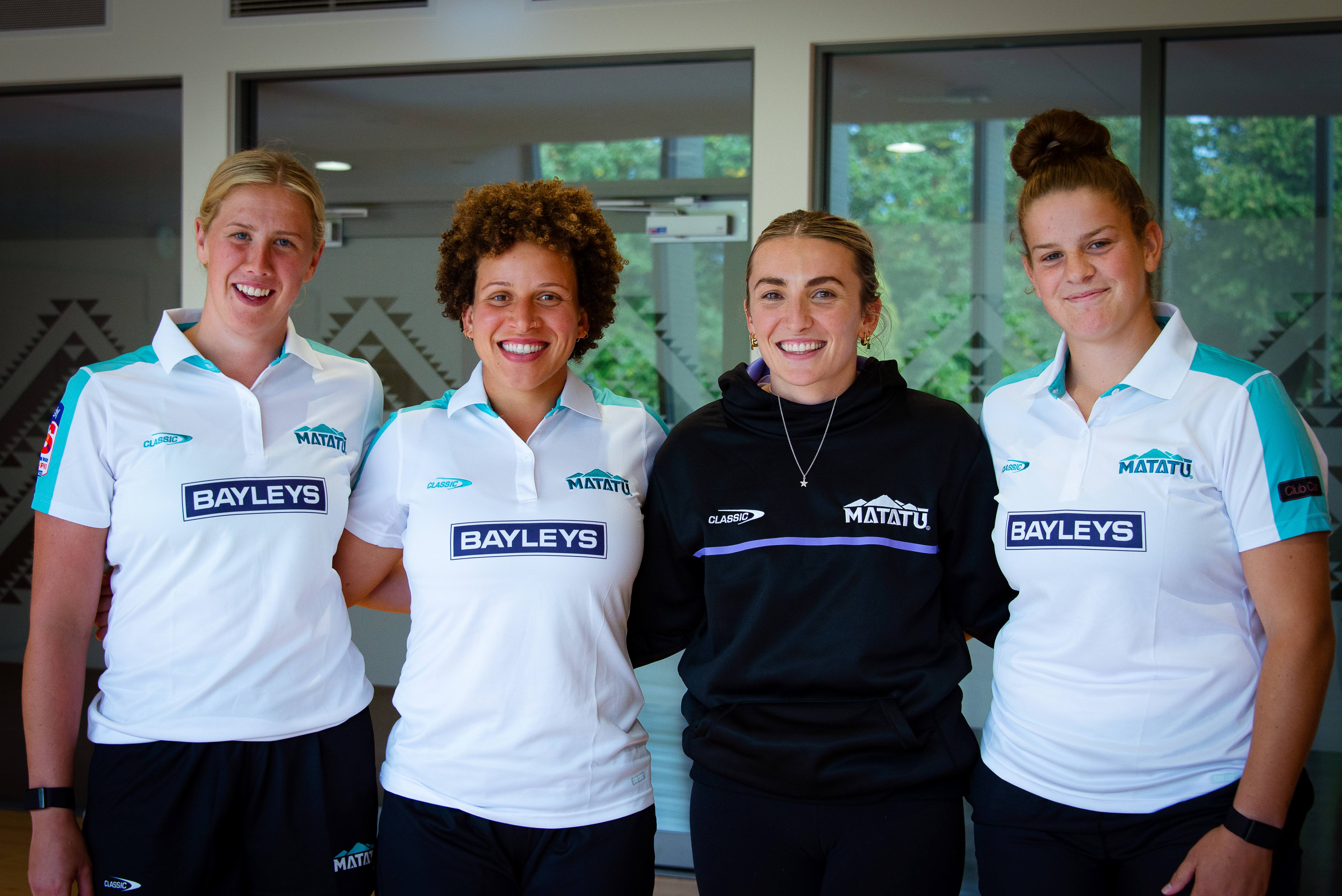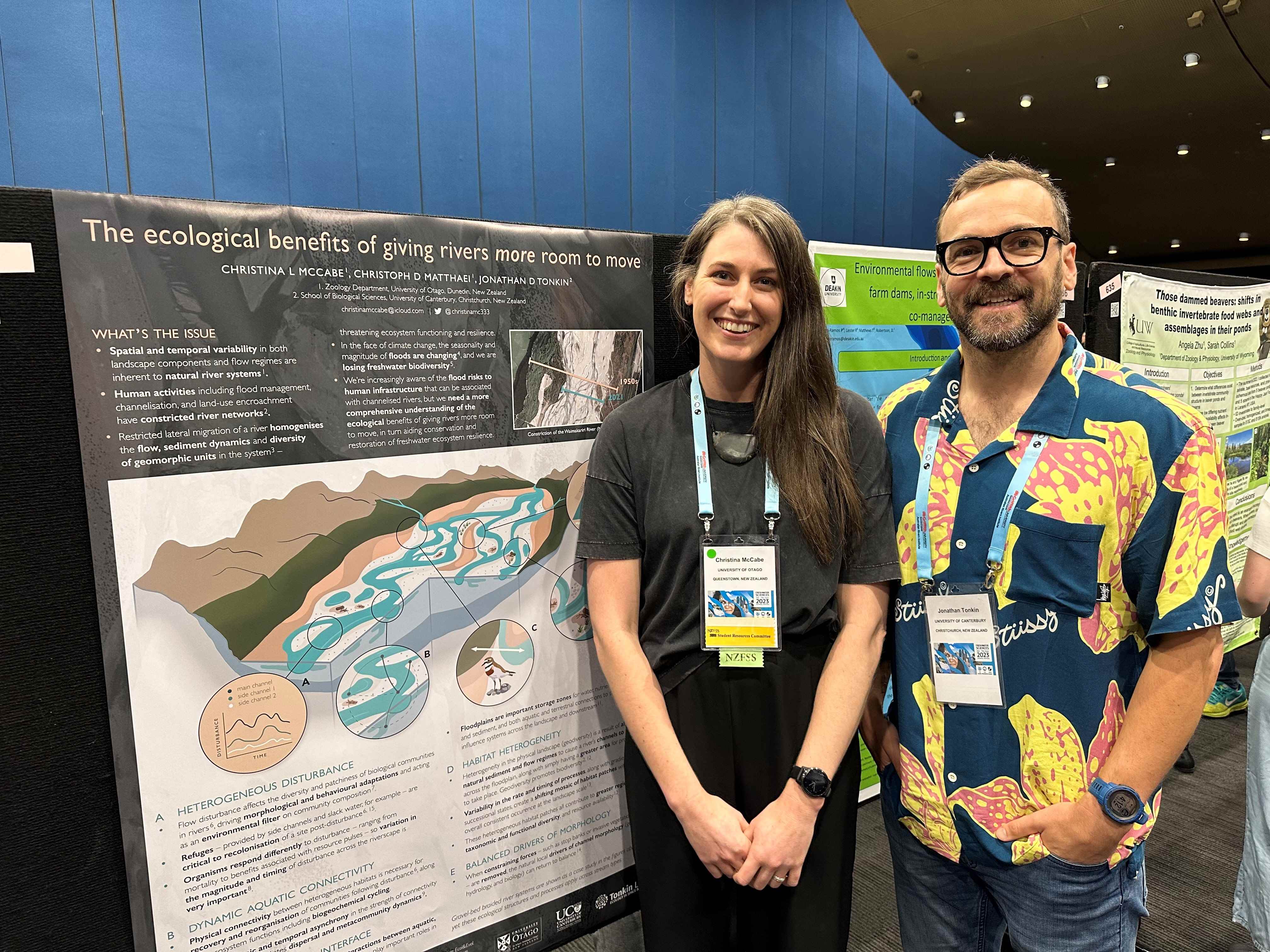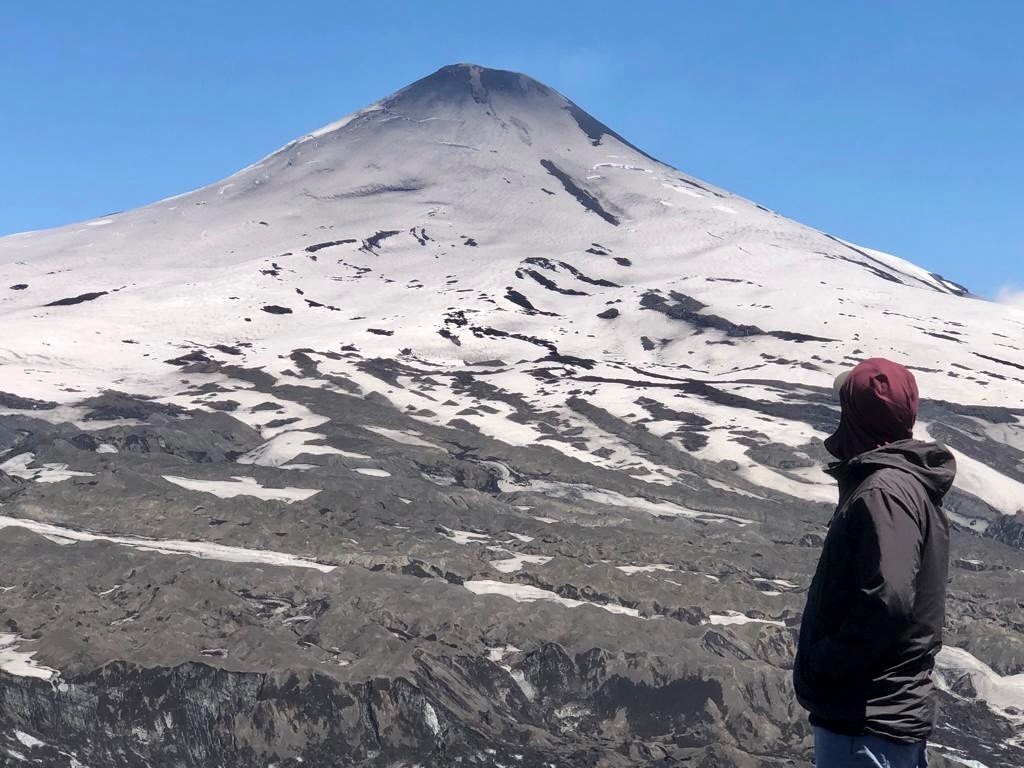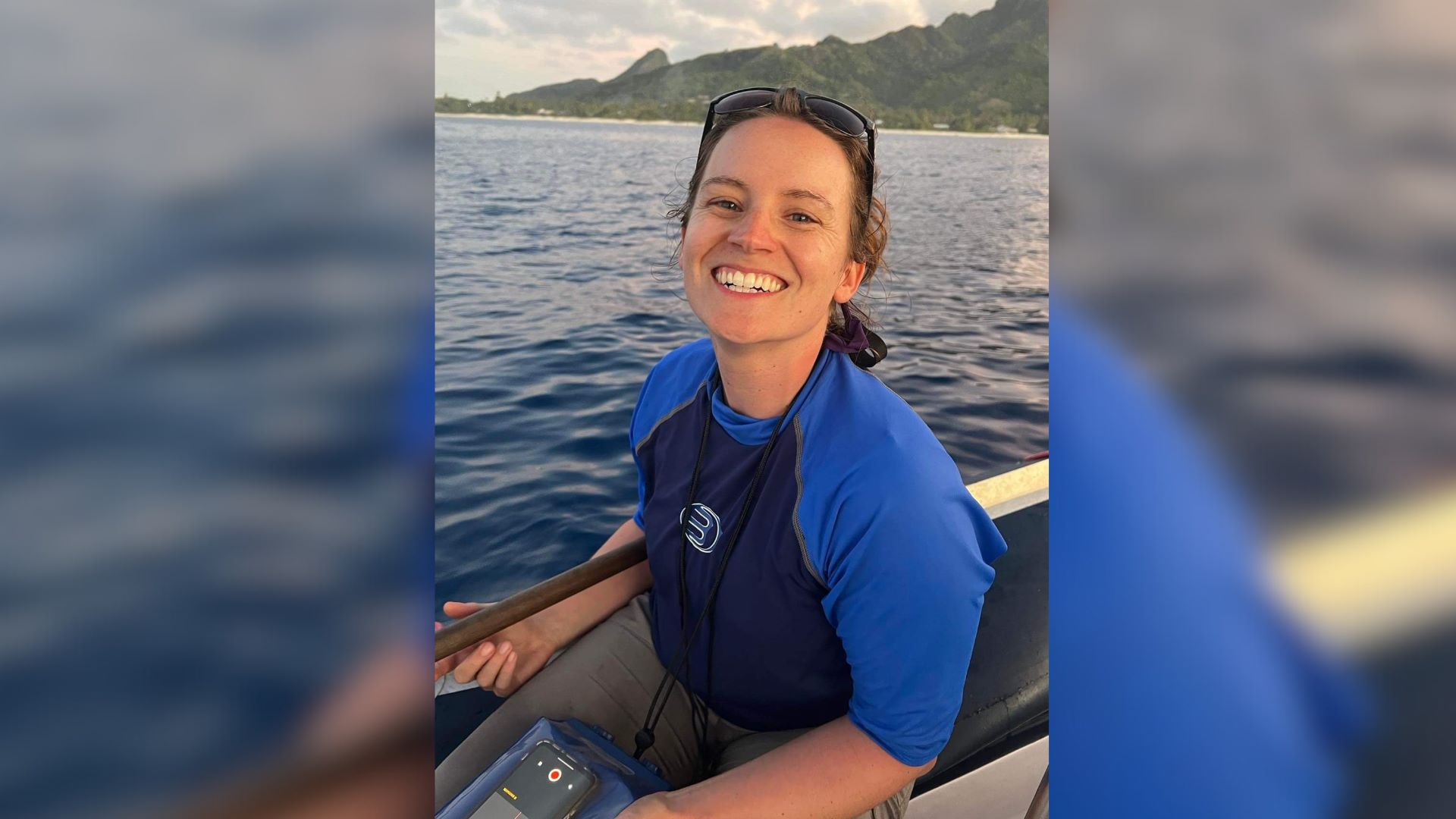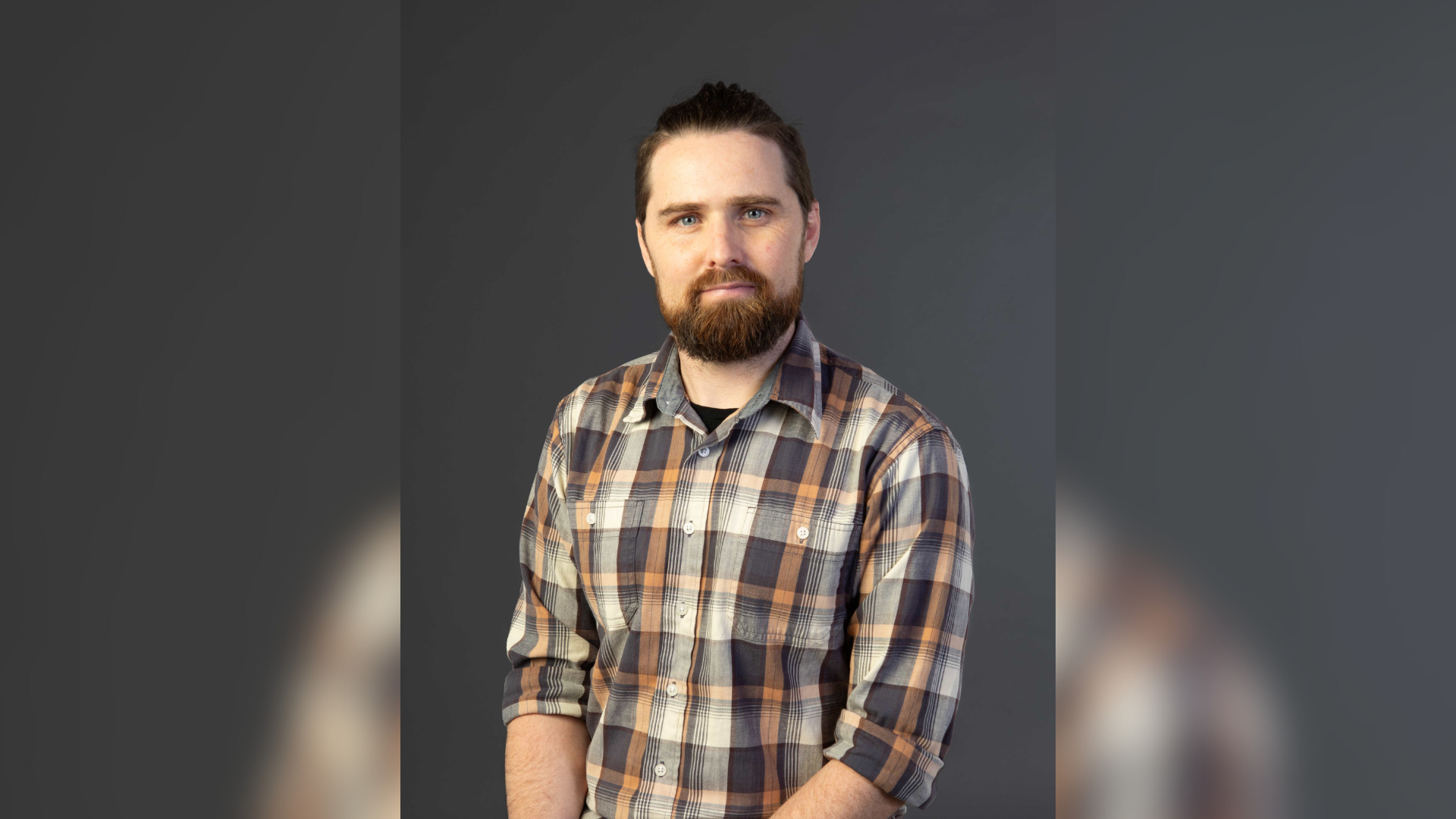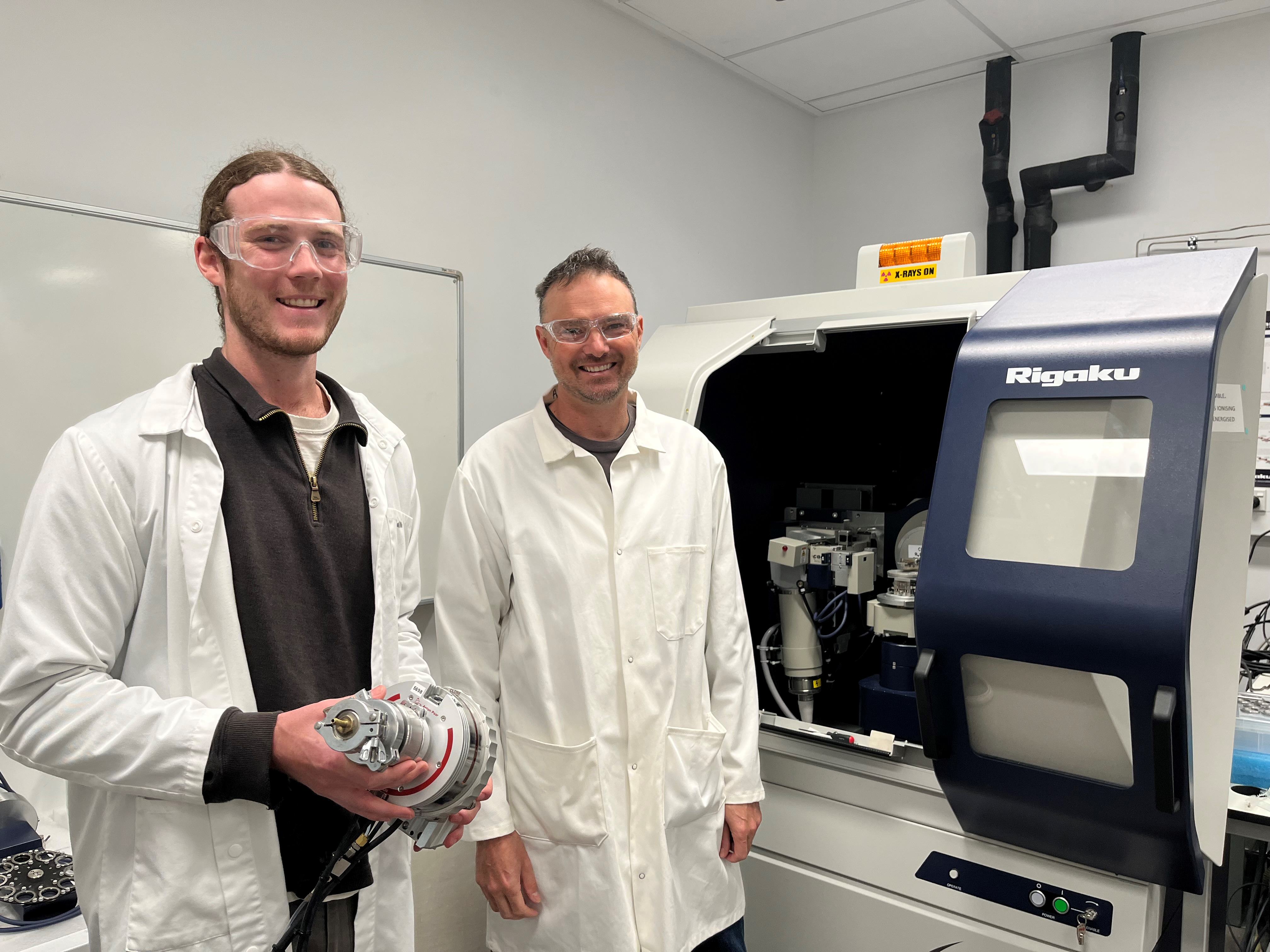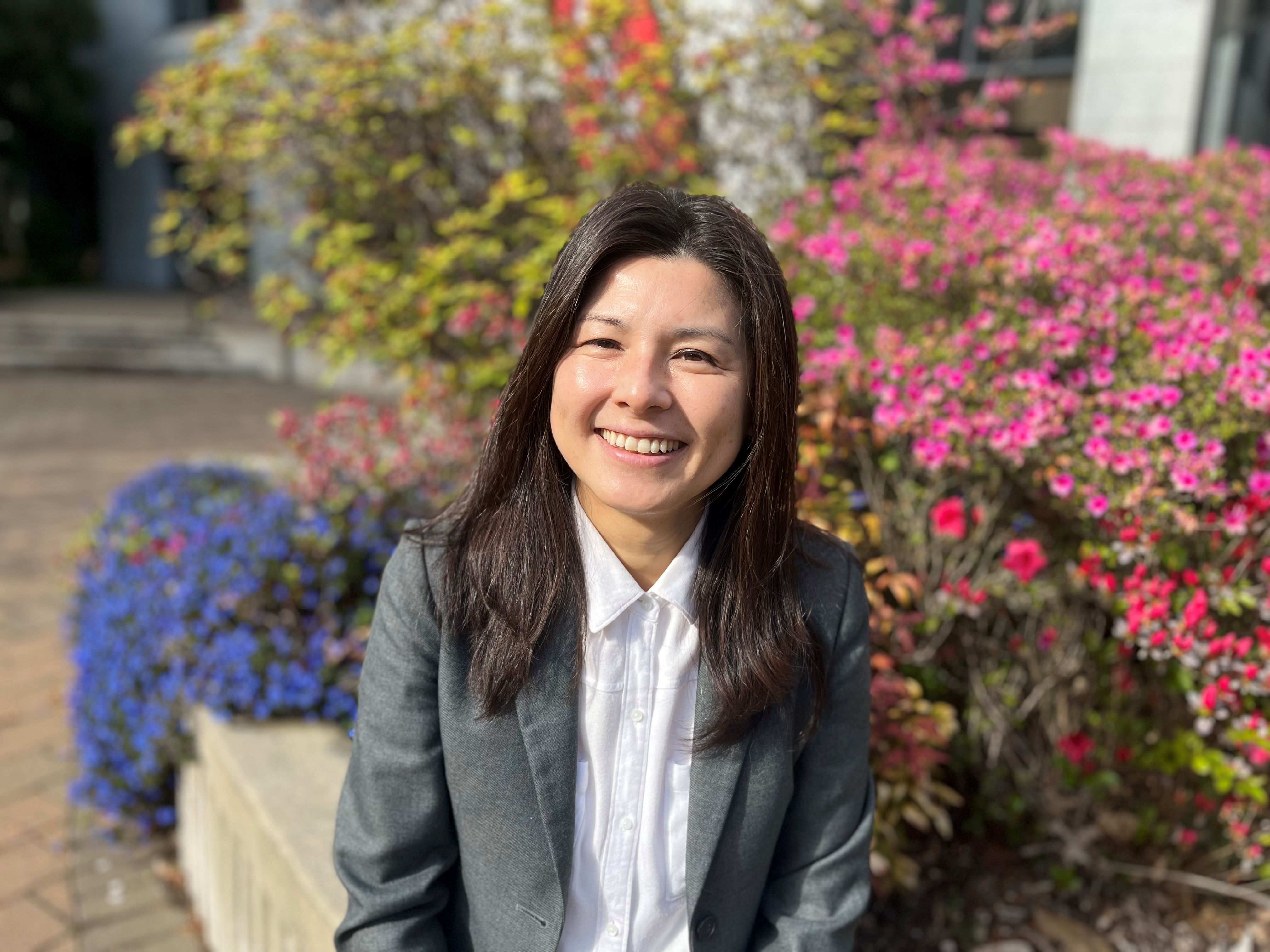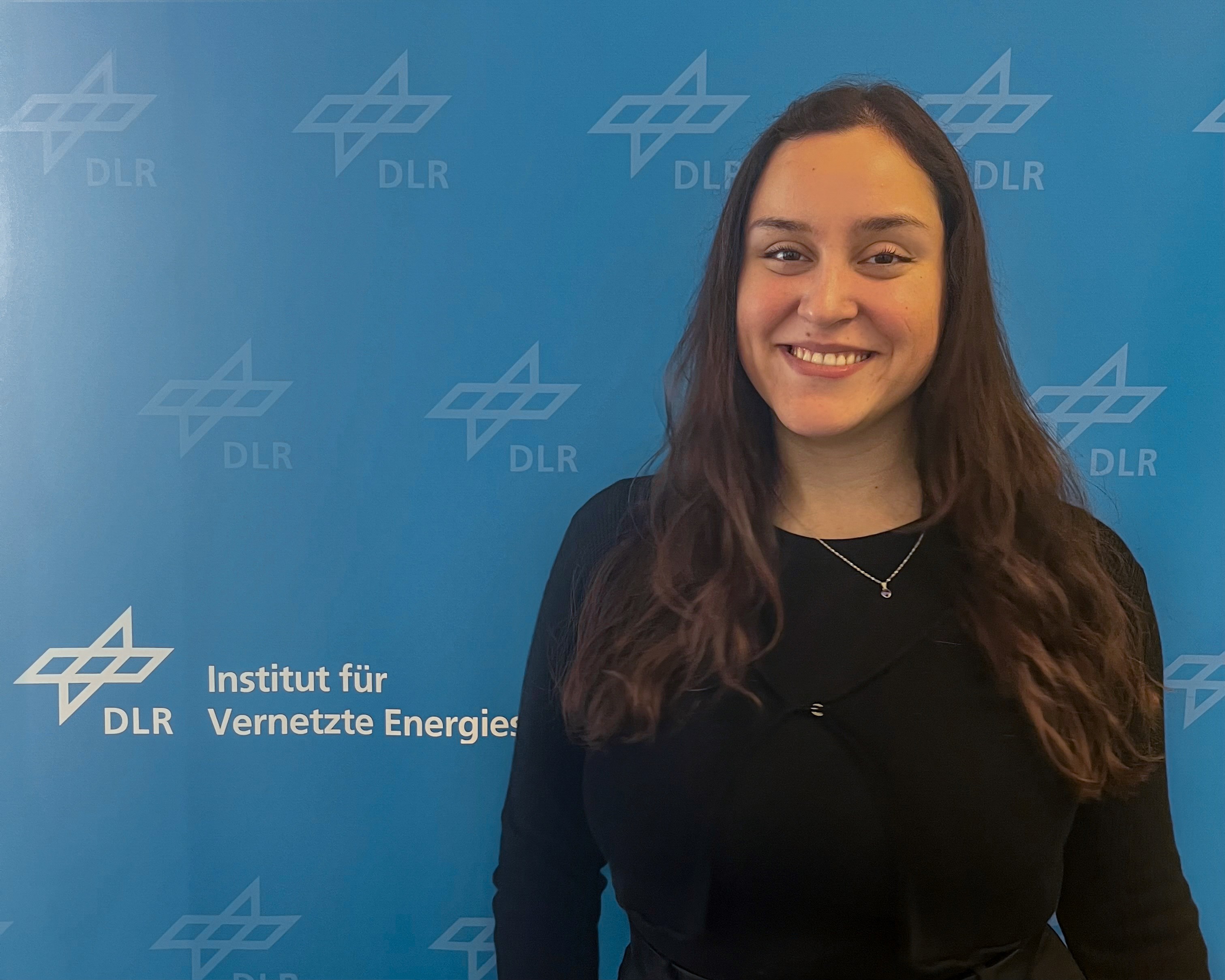Senior Kaiārahi Māori Research Advisors Sarah Wiki-Bennett and Tipene Merritt started their roles in the Research and Innovation Office at UC in April.
Sarah Wiki-Bennett (Te Aupōuri) and Tipene Merritt (Ngāti Kauwhata, Ngāpuhi and Rangitāne) started their roles in the Research and Innovation Office at UC in April.
Their goal as Kaiārahi (guides or mentors) is to boost mātauranga Māori (Māori knowledge) capability across the university by supporting researchers across colleges and working in partnership with UC’s Ngāi Tahu Research Centre.
As members of the Research and Innovation team, both Kaiārahi are passionate about ensuring Māori academics also receive their support.
Sarah, who was previously Manager for Governance Services at Te Rūnunga o Ngāi Tahu and a former principal at Kirwee Model School, says their focus will be on liaising between mana whenua and UC researchers to support rūnanga aspirations and mātauranga Māori opportunities. Her strong relationships and contacts across the takiwā (region) will help achieve this goal, she says.
“We feel fortunate local mana whenua Ngāi Tūāhuriri has such a strong relationship with the University. Our roles will come down to developing internal and external relationships for Māori and with Māori.
“This is a massive opportunity for both of us and there are some really unique opportunities for strong partnerships between mana whenua and iwi organisations with the University.”
“Our first priority is getting good outcomes for Māori, and that’s what drives us. What’s good for Māori is good for New Zealand.”
Tipene, who was formerly a Māori Advisor (Research) at Victoria University of Wellington - Te Herenga Waka, says he is keen to tap into non-traditional funding resources for research, such as the Ministry for the Environment and the Ministry for Primary Industries.
“I’ve been working in the research management industry for about 11 years here and in Australia and I have a good understanding of government research funding systems, particularly through a Māori lens”.
“Researchers are going to be more successful as funding recipients if they align with the Government’s Vision Mātauranga policy .”
Tipene has a Bachelor and Master of Laws from the University of Waikato, and is currently working on a PhD through Victoria University of Wellington that’s focused on improving mātauranga Māori outcomes.
He says UC has been very welcoming so far and he and Sarah are keen to run workshops for staff to help them improve their cultural confidence and competence.
Sarah, who has a Bachelor of Education and Master of Educational Leadership, says it’s hugely important that Research and Innovation has two new Kaiārahi. “It shows the University has acknowledged there is a real need in this space. I think our roles will grow as people get to know us and what we’re trying to achieve”.
“Staff have been saying to me, ‘I’m so excited that you’re here and I’ve got so much work for you’.
Definitely there’s a real desire to have our expertise, and to learn more and challenge themselves and the thinking that’s gone before them.”
“They want to know how to put a framework around achieving really good outcomes for Māori. They recognise there’s a gap and they want that gap filled.”
The pair have been introducing themselves to staff across various colleges in the University and are keen to hear from researchers at an early stage of their work.
“We’d like to get a heads up before people reach the proposal stage so we can help with co-design of the research proposal. The sooner we’re able to run our eyes over things, the better,” Sarah says.
UC Tumu Tuarua Rangahau | Deputy Vice-Chancellor Research, Ian Wright, says Sarah and Tipene have an impressive range of skills and experience to contribute to the University and it’s exciting to have them as part of the team.
“With their help we’ll continue to embed Māori aspirations into our institutional research psyche so it’s part of the process of developing proposals and ideas.
“The combination of Tipene and Sarah’s expertise, strong networks across the New Zealand research sector, and their determination to promote Te Ao Māori research projects, will make them a huge asset to UC. This is truly the first time that UC has had this level of enabling capability.”


